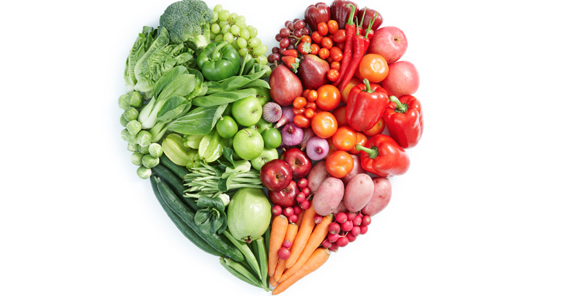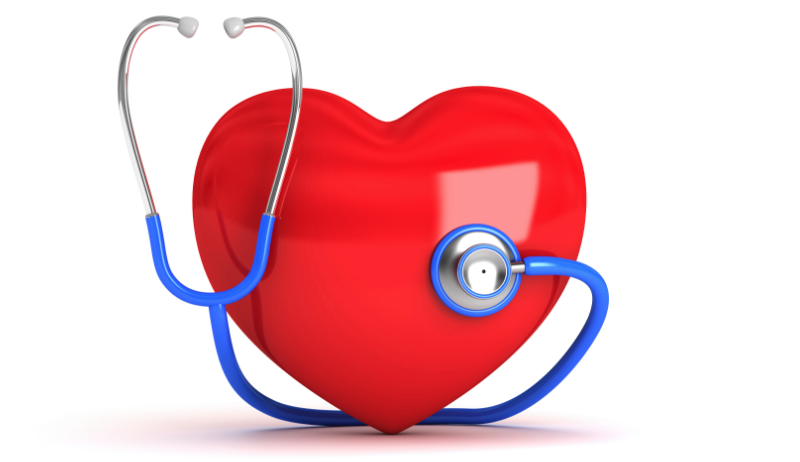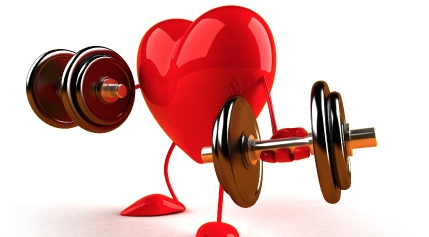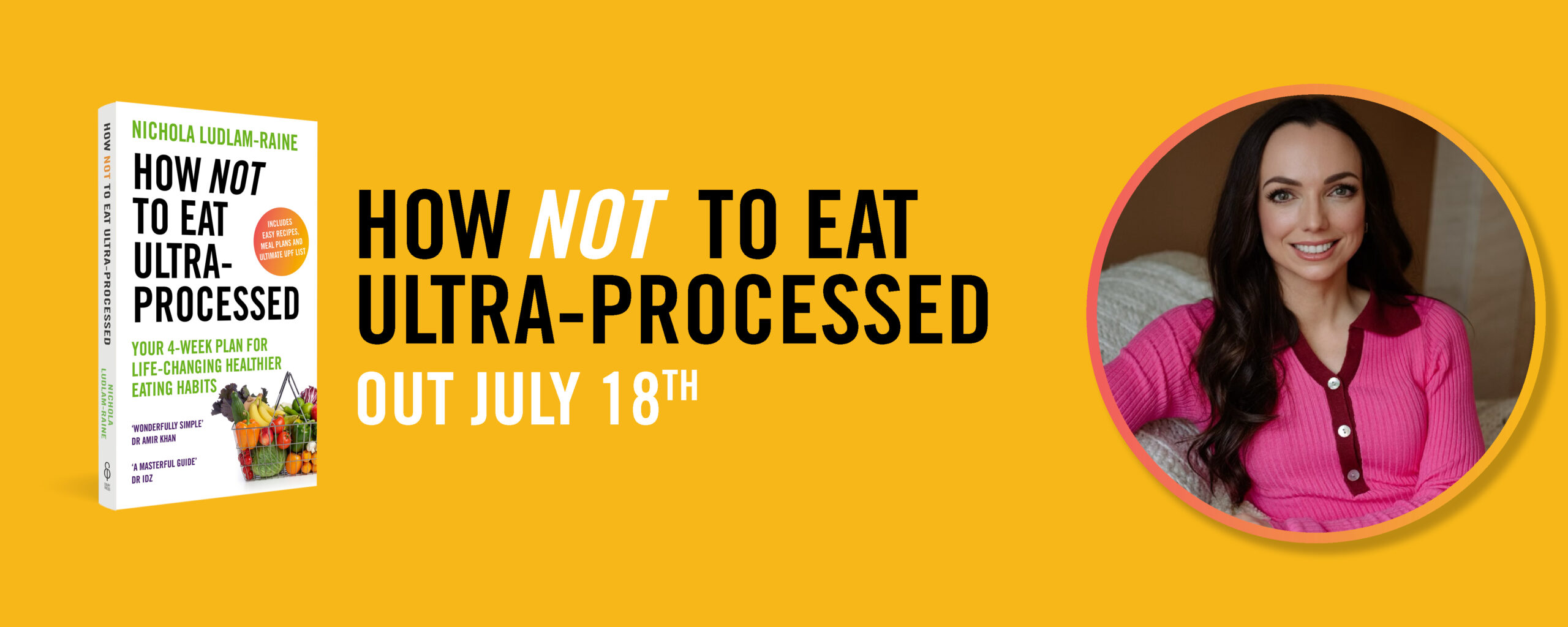
Our heart is one of the most important organs in the body – it beats about 100,000 times a day, pumping over 23,000 litres (5,000 gallons) of blood around the body. Blood delivers essential oxygen and nutrients to the whole body whilst carrying away unwanted carbon dioxide and waste products. Keeping our heart healthy is therefore paramount to our wellbeing.
Coronary heart disease (CHD) is the term that describes what happens when the heart’s blood supply is blocked or interrupted by a build-up of fatty deposits (cholesterol) known as atherosclerosis. Atherosclerosis can be caused by smoking, dyslipidemia (abnormal fats in the blood), high blood pressure and diabetes, and can be prevented through maintaining a healthy diet and lifestyle.
If you have had a blood test to check your heart-health and CHD risk then ask for your HDL levels (which should be above 1 mmol/L) and Triglyceride levels (which should be less than 1.7 mmol/L).

A healthy lifestlye is essential to keep our cholesterol levels, blood pressure and ultimately hearts healthy and here are my top tips!
- Achieve and maintain a HEALTHY BODY WEIGHT – being overweight, in particular carrying excessive weight around the middle, increases the risk of heart disease. Muscle is however denser than fat, so it may make you weigh more, which is why I wrote a blog post called [It’s not all about weight]. Check out my blog posts on [weight loss] or [weight gain] for more information on how to achieve a healthy body weight and focus on eating more fruit, vegetables, wholegrains and lean protein rather than processed foods high in trans fat and sugar.
- Eat AT LEAST 5 portions of FRUIT AND VEGETABLES a day – fruit and vegetables provides our bodies with vitamins, minerals, antioxidants and soluble fibre which keeps our bodies (and hearts!) healthy. A portion is a handful and you can eat more fruit, vegetables and salad by adding fruit to your porridge (I love banana!), green leaves such as spinach or kale to a smoothie (trust me!), extra salad to a sandwhich and roasted veggies to your evening meal. Snacking on fruit or carrots dipped in hummus is an excellent habit to adopt if you get peckish between meals.
- Eat OILY FISH – Oily fish such as mackerel, fresh tuna, salmon and sardines are an excellent source of omega-3 fatty acids, which help to keep our blood and hearts healthy. We shoud eat fish twice a week, one of which is oily; fish also provides protein which helps us to feel fuller for longer.
- Choose LEAN MEAT, VEGETARIAN PROTEIN SOURCES & WHOLE-GRAINS – The Mediterranean diet, reccommended for heart health encourages us to eat more fish as well as beans and pulses; the latter which are an excellent source of both protein and soluble fibre, which helps to reduce cholesterol levels. I’m a massive fan of Meat-Free Mondays and you can see my recipes [here]. When it comes to starchy carbohydrates choose whole-grain varieties such as wholemeal or granary bread, brown rice, whole wheat pasta and oats. A handful or 1/3 of your plate is an ample amount of starchy carbs at a meal.
- Eat LESS SALT & LESS SUGAR – Around 75% of the salt that we eat is already in foods so make sure to avoid, or eat fewer of foods containing more than 1.5g salt (or 0.6g sodium) per 100g. Instead of adding salt to foods, either in cooking or at the table, use herbs such a black pepper, paprika or flavourings such as balsamic vinegar (especially if you have high blood pressure). Too much sugar can lead to high triglycerides (a bad type of fat in our blood vessels) which is why you should reduce concentrated forms of sugar e.g. fruit juice, sugary drinks, biscuits and cake – have no more than a small glass of fresh fruit juice a day (the whole fruit is much better for you!).
- Swap TRANS (found in processed foods) for MONOUNSATURATED FATS – The Mediterranean diet (based on long-term research) advocates using unsaturated fats found in olive oil, rapeseed oil, nuts, seeds and avocados in place of other fats e.g. those found in processed foods, butter, lard and ghee. Limiting processed meats such as ham, bacon and sausages is also recommend – try not to consume these more than once a week. Saturated fats (found in animal products and coconut oil) are quite a neutral type of fat – they don’t raise or lower heart disease risk.
- Drink ALCOHOL IN MODERATION – Not only is alcohol laden with calories it doesn’t provide much in the way of nutrients. Drink no more than 2-3 units a day if you’re a women and 3-4 units a day if you’re a man, with at least two alcohol free days a week to allow your liver to recover and repair. One unit of alcohol is the equivalent of 1 small glass of wine, ½ a pint of beer or 25ml of spirit.
- Keep ACTIVE & DE-STRESS – Being active will keep your heart muscle healthy and it also helps to increase the levels of good cholesterol in our bodies. Aim for at least 150 minutes of moderation instentisty aerobic activity a week e.g. 5 x 30 minutes. Check out my blog post on [exercise] for more information. Walking is a great way of releaving stress and it counts towards the recommended levels of activity too. If you ever feel under pressure take a step back and do something relaxing – your blood pressure will thank you for it!
- Stop SMOKING – Smoking is one of the leading causes of heart disease however if you give up then your risk of a heart attack falls to about half of that of a smoker after just one year.

Do you have any more heart healthy tips?

5 Comments